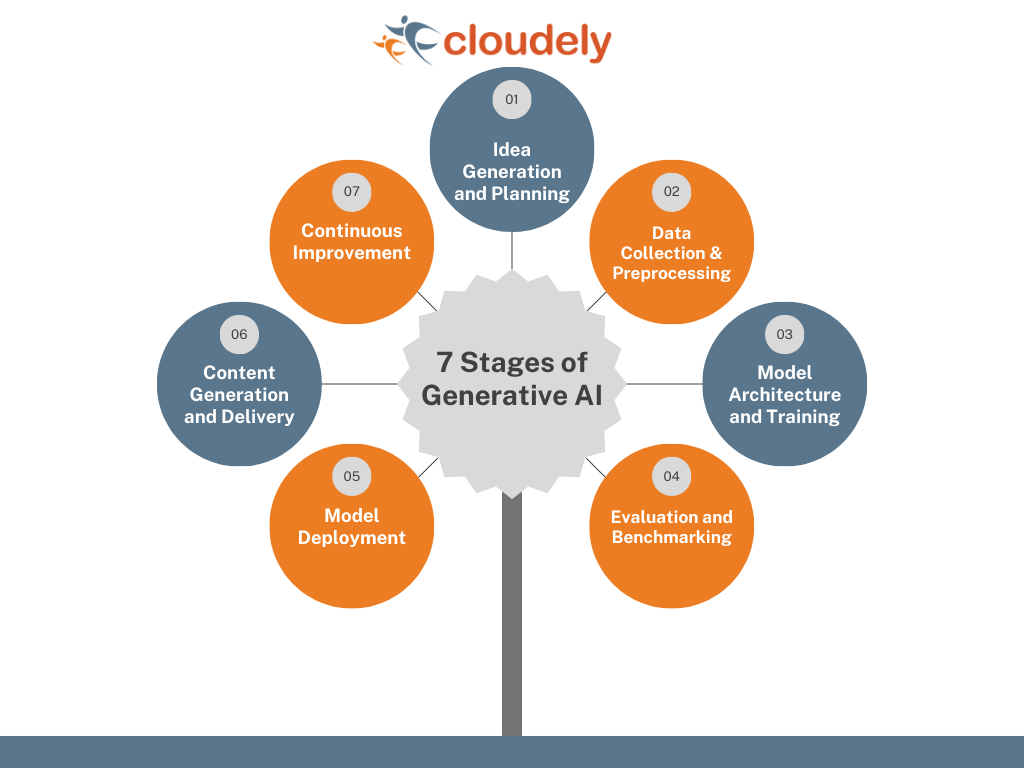Insights, perspectives and viewpoints
Artificial intelligence (AI) raises many intellectual property (IP) issues. While there are many AI models and use cases, this guide addresses key IP issues raised by generative AI systems, meaning systems such as ChatGPT, Bard and DALl-E with algorithms that generate new content (which, depending on the system may be text, audio, images, video code or other content).

Using examples from a number of jurisdictions (Australia, Canada, China, EU, France, Germany, Hong Kong, The Netherlands, Singapore, South Africa, UK and US), we consider the following IP issues in relation to Generative AI systems:
We refer in this guide to the stages of creation and use of a Generative AI system as:
We generally follow the terminology of the EU AI Act to refer to the following actors in the AI process:
- Provider
- Deployer
- Users
For example, where a multi-national company uses Chat GPT within its business, Open AI (the developer of Chat GPT) would be the Provider, the company would be the Deployer, and the company’s employees or customers who enter Prompts into the system would be the Users of the system.

In this guide we distinguish between different types of deployment of Generative AI systems:
For more information on Generative AI, see our blogs:

Subscribe and stay up to date with the latest legal news, information and events . . .











